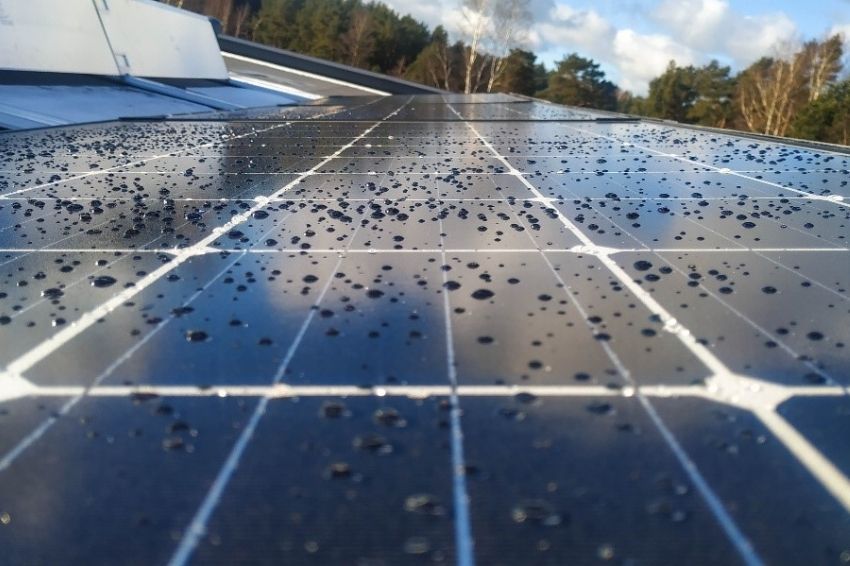During participation in the podcast Papo Solar, Felipe Smith, executive director of Tokio Marine, commented that insurance for the photovoltaic market has enormous growth potential in Brazil.
According to the executive, even though it represents less than 2% of the Brazilian energy matrix, the solar source continues to increase exponentially and has a very large capacity for investments. “Insurance in this area will certainly move forward with the expansion of the market as a whole”, he highlighted.
“The photovoltaic segment is still small when looking at the issue of energy generation in the country. The wind source, for example, already has almost 10% of the energy matrix. But why can't solar energy reach the same percentage of 10%?”, added the expert.
Another point highlighted by Smith is the growth of investments in solar energy by the agricultural sector, which has also increasingly contracted insurance services. “Solar has been a solution, especially in more isolated locations, as it is very good for irrigation, water pumping and refrigeration. So, solar insurance for this segment will grow in the same exponential curve as photovoltaic and agribusiness.”
Agricultural insurance
Throughout the podcast, Smith also commented that the company has plans to open new insurance products in the solar market.
“Farmers who invest in technology and their own irrigation have more competitive prices, right? So, that's good. Because I have products for this area of solar equipment in rural areas, which is our next step, it will also have better pricing when insuring its own harvest”, he concluded.
Agribusiness and solar energy
According to Alexandre Borin, commercial manager at Fronius do Brasil, Agribusiness is the fastest growing market segment and invested in photovoltaic solar energy in 2020.
For the expert, this was due to the increase in revenue of companies linked to exports and the increase in electricity prices due to exchange rate variations.
“Talking to partners, they reported having many projects in cooperatives, poultry farms and with rural producers. In other words, they are consuming much more three-phase inverters than single-phase inverters”, he reported.















